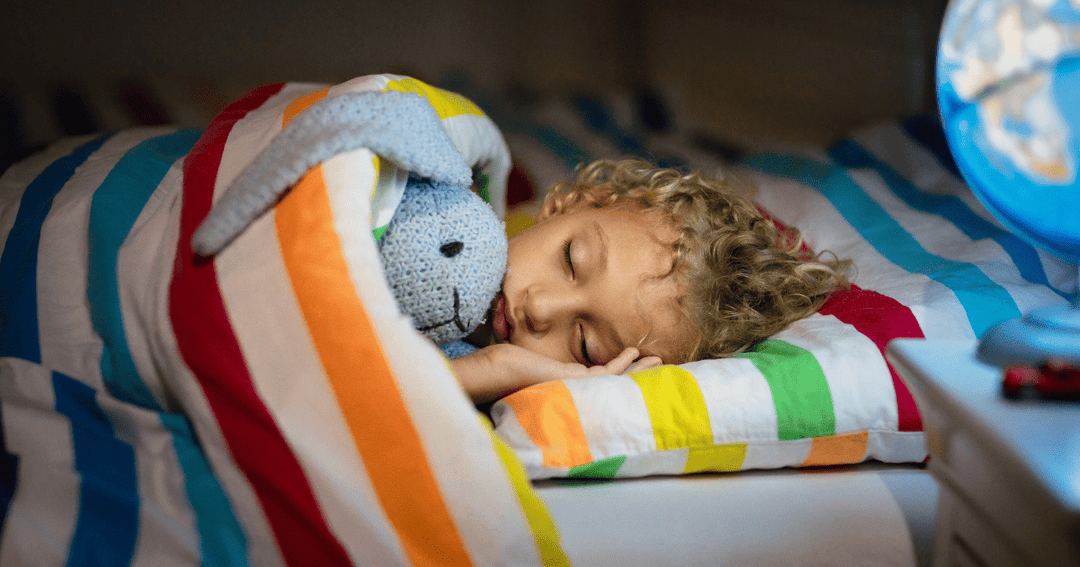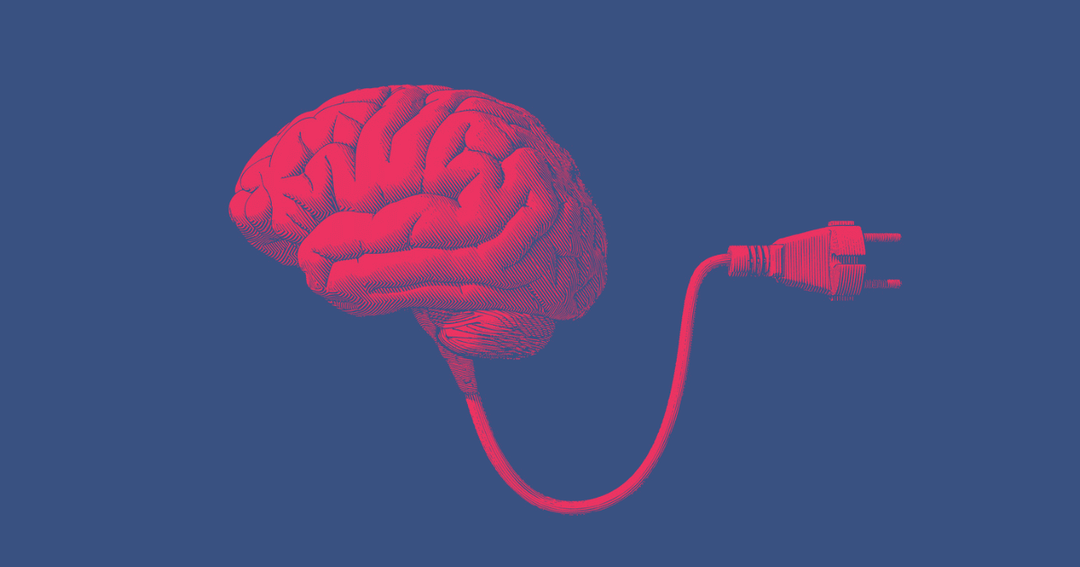Investigation Confirms Link Between Depression and Sleep Disturbances

We often think of depressed people as sleeping a lot, and sometimes that’s the case—but bear in mind that too much sleep is nearly as harmful as not getting enough sleep. A recent study that was delineated at the SLEEP 2023 conference confirms the link between depression and sleep disturbances, supporting past research that supports a bidirectional relationship between the two conditions.
It's a relationship that experts have known about for some time, but the specifics of the association have been murky for years. These results show a “significant relationship” between depression and trouble falling asleep, staying asleep, and feeling rested.
The study showed that this was true of both short and long-term sleep durations. The lead author says our research is among the first to confirm strong associations between depression and several dimensions of sleep in the US general population during the US COVID-19 pandemic. Our findings underline the importance of sleep health in treating depression as the nation battles the current mental health crisis.
The 2020 National Health Interview Survey was used to examine the link between a variety of sleep health dimensions and depression. The focus was on insomnia symptoms and sleep duration of adults throughout the first year of the pandemic. The team used binary logistic regression models to mine the self-reported diagnoses of both insomnia and depression in over 31,000 adults.
Study Details
The average age was 53.5 years old, and women made up 54 percent of the participants (even though women typically struggle with insomnia much more than men). The study found that women were twice as likely to report symptoms of depression at 67.5 percent compared to just 32.49 percent of men.
The analysis showed that those with depressive symptoms also had “significantly higher odds of experiencing trouble falling asleep.” Plus, they had higher incidents of difficulty staying asleep. Bear in mind that insomnia can be acute or chronic and can present as either difficulty falling asleep and/or staying asleep. Some people with insomnia can fall asleep just fine but wake up numerous times throughout the night.
Also Read: Mental Health Disorders Affect Sleep: Here’s What to Do
The investigators undertook a regression analysis to explore the link between sleep duration and depression, adjusting for factors like sex, age, sociodemographic details, and marital status. They also considered risk behaviors like alcohol and cigarette use.
The participants’ overall health as well as ethnicity was taken into account. They found that those with symptoms of depression slept less (under six hours) compared to those without depression symptoms and sometimes slept longer than is healthy (over nine hours).
Depression and Sleep
If you think you have symptoms of depression and do not have a diagnosis, it is critical to see a doctor immediately. Your general physician can provide a referral. Untreated depression can have deadly consequences—as well as affect your sleep. Lack of sleep can also be dangerous, with chronic insomnia associated with a variety of conditions from strokes and cardiovascular disease to early death. Since depression and insomnia are interwoven, oftentimes, treating one can help with the other, but they are individual issues that require individual attention.
The researchers note that more studies will be needed to address how sleep improvement can be achieved in those with depression. There is a mental health crisis in the country today, so highlighting the bidirectionality of depression and sleep disorders, especially in our post-pandemic world, is a must.
Also Read: Insomnia as a Mental Illness?
If you struggle to get the sleep you need, whether or not you have depression or other mental health concerns, there is a natural option available. Sip2Sleep® is a simple concoction of tart cherry extract and Rafuma Leaf (Venetron®). Both are derived from plants, with one ingredient addressing inflammation and the other serving as a natural anxiety reducer.
Anxiety and depression are also common bedmates. Many people are surprised to learn that inflammation is a common cause of insomnia, and drinking Sip2Sleep® every night before bed might be the ticket to getting the sleep you need.
Many people depend on medications to help them sleep better, but those are rarely recommended as a long-term solution. Sip2Sleep® has no systemic side effects, does not have a dependency risk, and is easy to fit into a healthy sleep hygiene routine. Shop your first bottle now.







